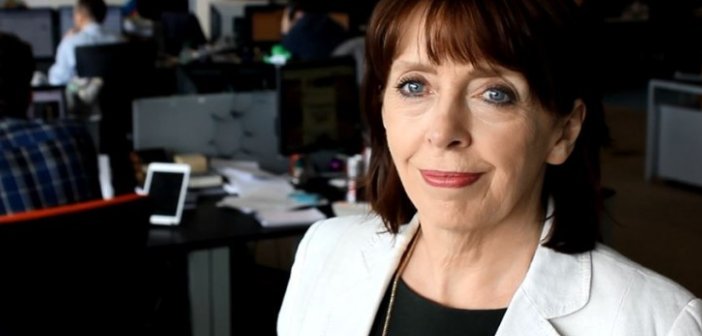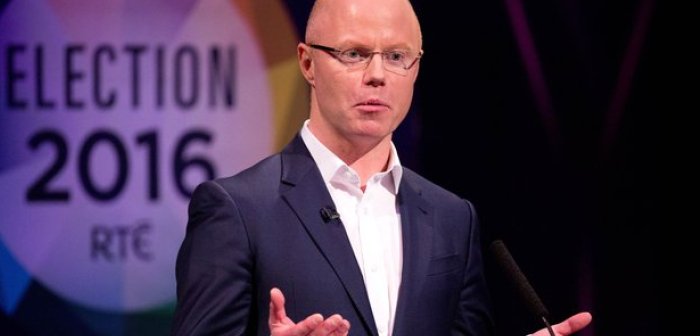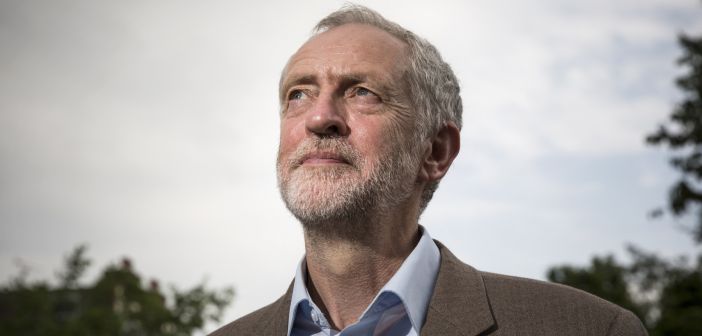Personalities vs Policies | Maybe it’s Time to Think Beyond Political Parties
Elections are one method of democracy that entail a political dynamic that seems increasingly frustrating to the people they’re supposed to represent. Different parties compete to hold power and are held under a constant scrutiny not so much for their actions as for their personalities. The interpersonal drama that befalls parties gets far more airtime than their policies, reinforcing the dangerous idea that politics is a competition between teams in Premiership, rather than our collective forging of the world we live in.[pullquote]Different parties compete to hold power and are held under a constant scrutiny not so much for their actions as for their personalities.[/pullquote]
This focus on drama also magnifies imperfection, something that cannot be tolerated if you are one of a handful of parties looking to resonate politically with millions of people. Given the diversity of opinion that can occur within one political party, it seems strange that our system of democracy depends on this, but it is why you can’t ever show vulnerability or imperfection, especially not in the era of social media.
Until this week, one party that seemed to be doing everything well without setbacks were the Social Democrats. From their branding to their launch to their recruitment to returning each of their TDs to forming a Dáil speaking group with Greens, every step of their journey thus far had been so competent in contrast to the stumbles other parties face. Then this week, a respected TD of distinguished service, Stephen Donnelly, their co-founder and co-leader left the Social Democrats, citing difficulties in his working relationship with co-leaders Catherine Murphy and Roisín Shortall.

Now at the first sign of imperfection, the blow to the party seems greater having faced little misfortune thus far. Even though the party still has not one but two capable leaders, its entire project is called into question should one of its founders defect. The storm of media analysis picks apart why they would leave and we take to social media to give our hot take. Some respect Donnelly and wish him well whatever he does next. Others find the Social Democrats too left-wing for their liking and are delighted that Donnelly will be better off without them. Others find Donnelly too right-wing for their liking and are delighted the Social Democrats will be better off without him. The timing of the Apple tax scandal makes others infer that disagreement on this issue is what caused him to leave, even though Donnelly’s statement assures us that this was a difficult decision he’s spent a long time considering.[pullquote]Even though the party still has not one but two capable leaders, its entire project is called into question should one of its founders defect.[/pullquote]
The exact length of this reflection period is left vague – as are most details about his reasons for leaving in his statement. The association with uncertainty shifts the perception of the party as a potential new middle-ground in Irish politics that breaks the cyclical stranglehold of Fianna Fáil and Fine Gael. Those emotionally invested in that perception could feel disillusionment and anger;
“How dare they get people’s hopes up and then dash them? How dare Stephen Donnelly make a decision about what works best for him? I don’t care if he knows more about his own working conditions than I do; doesn’t he realise Fianna Fáil and Fine Gael will be in government forever now and I can totally blame this solely on him?”

This sort of thinking can happen when we’re told to rely on political parties as agents of change. You condemn any compromise on principles but you also don’t want any ideological “impurity” that will open up your cause to criticism. And since it’s a long-shot one party’s views will ever fully match your own, it’s likely your cause may be not so much for a particular party as against another. Electoral democracy only offers limited options to indirectly affect outcomes for the better so people better “pick a side” and vote, if not for a party they like then to stop a party they dislike.[pullquote]Since it’s a long-shot one party’s views will ever fully match your own, your cause may likely be not so much for a particular party as against another.[/pullquote]
The personal decisions of people involved are treated as a reflection on their party. This leaves the quality of our democracy dependent on politicians who must as part of their job court publicity, money and idealised perceptions to get elected. The focus on personalities rather than policies is the context in which a reality TV star like Donald Trump transitioning into politics isn’t actually that strange when you think about it. The focus on parties and personalities not only distracts from having an informed context in which to make policy decisions, it polarises people into entrenchment lest “the other side win.” But there is no other side in a pluralist democracy; there is all of us having to live with the sum of our decisions.
If our democracy was dependent not on the outcome of elections but on an honest, more direct manifestation of “voters making informed decisions” what might it look like? Research into the potential for a digital democracy is underway. We have the technological means for it since we’re already using the internet to tell the world what we would want from any given political situation. There is currently an Irish project being run by international law expert Roslyn Fuller at fullerdemocracy.com seeking members of the public to vote on a range of issues. She is providing a forum to discuss major policy issues, vote on them, and see how the national budget would look based on the deliberations. Jeremy Corbyn has already proposed that under his leadership the UK’s Labour Party would use this approach to develop its policy. Undoubtedly, this exciting idea will get lost in coverage of the drama surrounding Corbyn himself and that’s kind of the point.

Interpersonal drama is great for your Netflix shows but it’s starting to get old for politics and it’s detracting from the quality of our democracy. Whatever Stephen Donnelly, the Social Democrats or anyone does next, our current political dynamic is going to carry on much the same unless we can actually make more decisions ourselves instead of relying on highly pressurised political parties. We need to do more than “have our say”; we need to take collective ownership, and responsibility for, our democracy.
Jonathan Victory is a writer, filmmaker and Twitter fiend at @victorybyname. His documentary ‘Fuller Democracy’ is screening in Dun Laoghaire as part of the short film programme at the Underground Cinema Film Festival, Sunday September 11th at 5:30.
